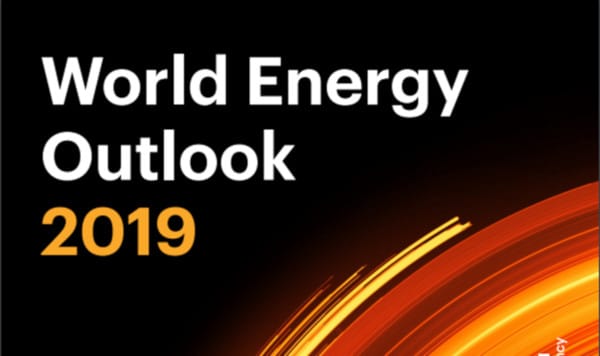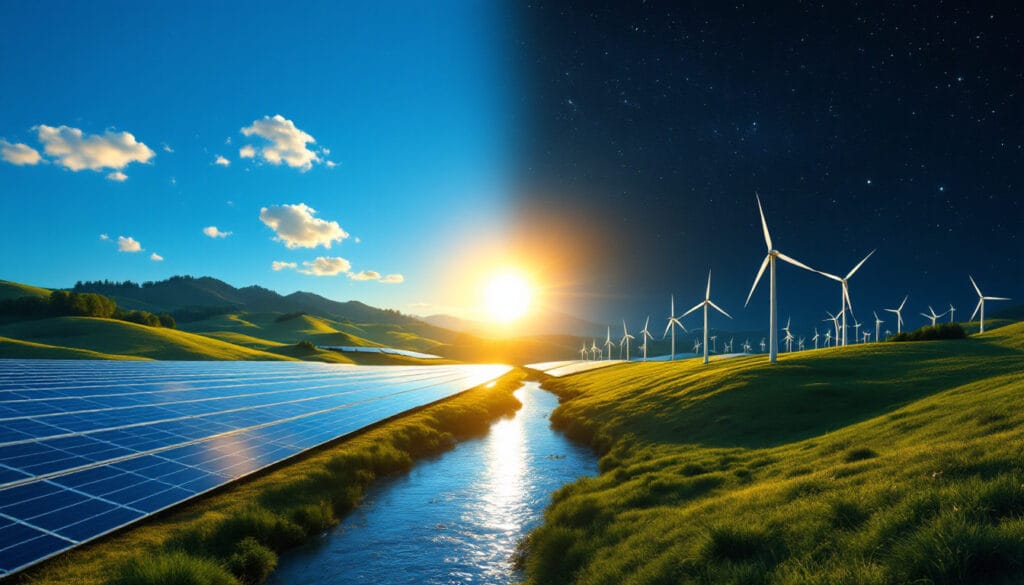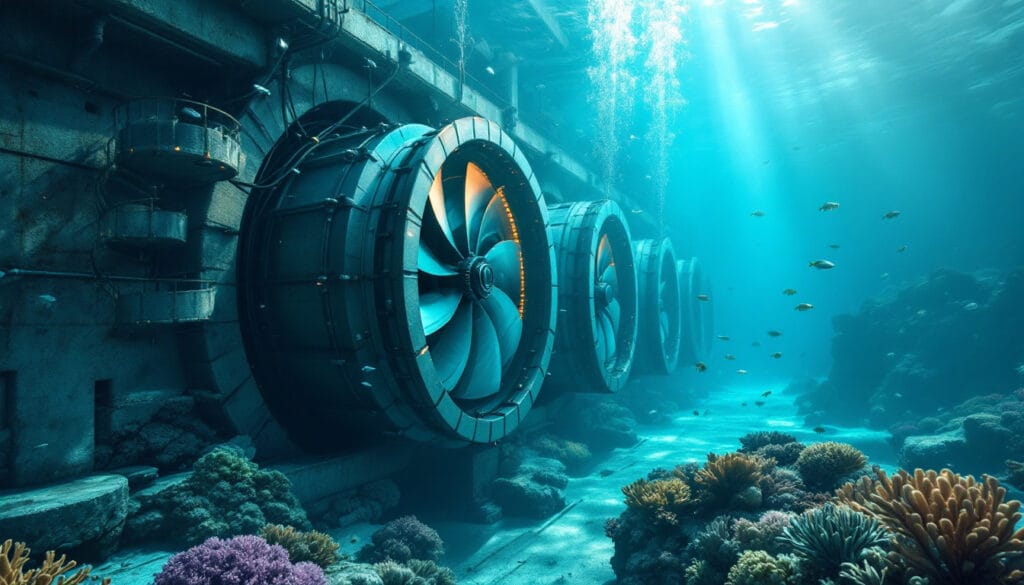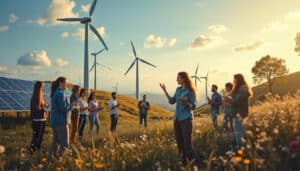Role of the IEA
The International Energy Agency (IEA) is an intergovernmental organization established in 1974 after the oil shock to coordinate the energy policies of member countries. Based in Paris, this agency brings together industrialized countries committed to promoting reliable, affordable, and sustainable energy policies.
The main objective of the IEA is to ensure global energy security. It works to provide analyses and forecasts on energy markets, alert in case of energy crises, and offer a platform for international cooperation on renewable energies, energy efficiency, and the reduction of greenhouse gas emissions.
The IEA is also committed to promoting research and development in the energy sector. It finances and supports innovative projects aimed at reducing dependence on fossil fuels and developing cleaner new technologies, such as solar sensors, bioenergy, and fuel cells.
Regarding energy market analysis, the IEA regularly publishes detailed reports that examine current and future trends. These reports provide:
- Forecasts on global energy demand;
- Assessments of available energy resources;
- Recommendations on policies to encourage more sustainable energy use.
One of the flagship initiatives of the IEA is to encourage member states to establish energy self-consumption strategies through renewable energy production infrastructures. These efforts aim to promote an energy transition that reduces carbon footprints and improves the resilience of energy systems against disruptions.
Collaboration with other international organizations, private companies, and academic institutions enables the IEA to stay at the forefront of innovations in the energy sector. Through this global cooperation, the IEA aspires to play a key role in achieving global sustainable development goals.
Analyzing Global Energy Trends
The International Energy Agency (IEA) is an autonomous organization founded in 1974, as part of the OECD. Its primary mission is to coordinate the energy policies of its member states to ensure global energy security and promote sustainable energy solutions.
The IEA plays a crucial role in monitoring global energy markets and forecasting future trends. It provides detailed analyses of energy sources, whether fossil, renewable, or nuclear, and their economic and environmental impacts.
By closely examining energy consumption and assessing national energy policies, the IEA helps countries devise strategies to reduce greenhouse gas emissions and move towards a sustainable energy transition. It regularly publishes detailed reports and statistics that are essential references for policymakers and economic actors in the energy sector.
To analyze global energy trends, the IEA uses a multitude of sophisticated tools and methodologies:
- Prospective scenarios: Simulation of different trajectories for the evolution of global energy systems.
- Market analyses: Detailed studies of energy supply and demand dynamics.
- Policy assessment: Examination and analysis of national and international energy policies to measure their effectiveness.
These analyses provide pragmatic recommendations to help governments and businesses make informed decisions that promote both economic growth and environmental sustainability.
Promoting Sustainable Energy Policies
The International Energy Agency (IEA) is an intergovernmental organization created in 1974 following the oil crisis. Its headquarters is located in Paris and it brings together more than 30 member countries. The main objective of the IEA is to ensure reliable, affordable, and clean energy for its members and beyond.
The IEA plays a key role in the promotion of global energy policies. It monitors trends in the global energy market and provides reliable statistics on energy production and consumption. This helps governments make informed decisions.
Among the IEA’s missions are:
- Coordinating the energy policies of its members
- Providing in-depth analyses and forecasts for the energy market
- Supporting research and development of new energy technologies
- Promoting international cooperation for better energy security
The IEA places strong emphasis on sustainability. It encourages its members to develop and adopt renewable energies such as solar, wind, and bioenergy. The agency also provides advice and recommendations to reduce greenhouse gas emissions and improve energy efficiency.
It regularly publishes reports and studies that serve as guides for public policies and private enterprises. This helps identify best practices for a successful energy transition. By supporting efforts to reduce dependence on fossil fuels, the IEA contributes significantly to the fight against climate change.
The IEA is also active in energy innovation, collaborating with scientists, engineers, and entrepreneurs to develop advanced technologies. This role is crucial for achieving global climate goals while ensuring a stable and reliable energy supply.
Articles similaires
Thank you!
We will contact you soon.













